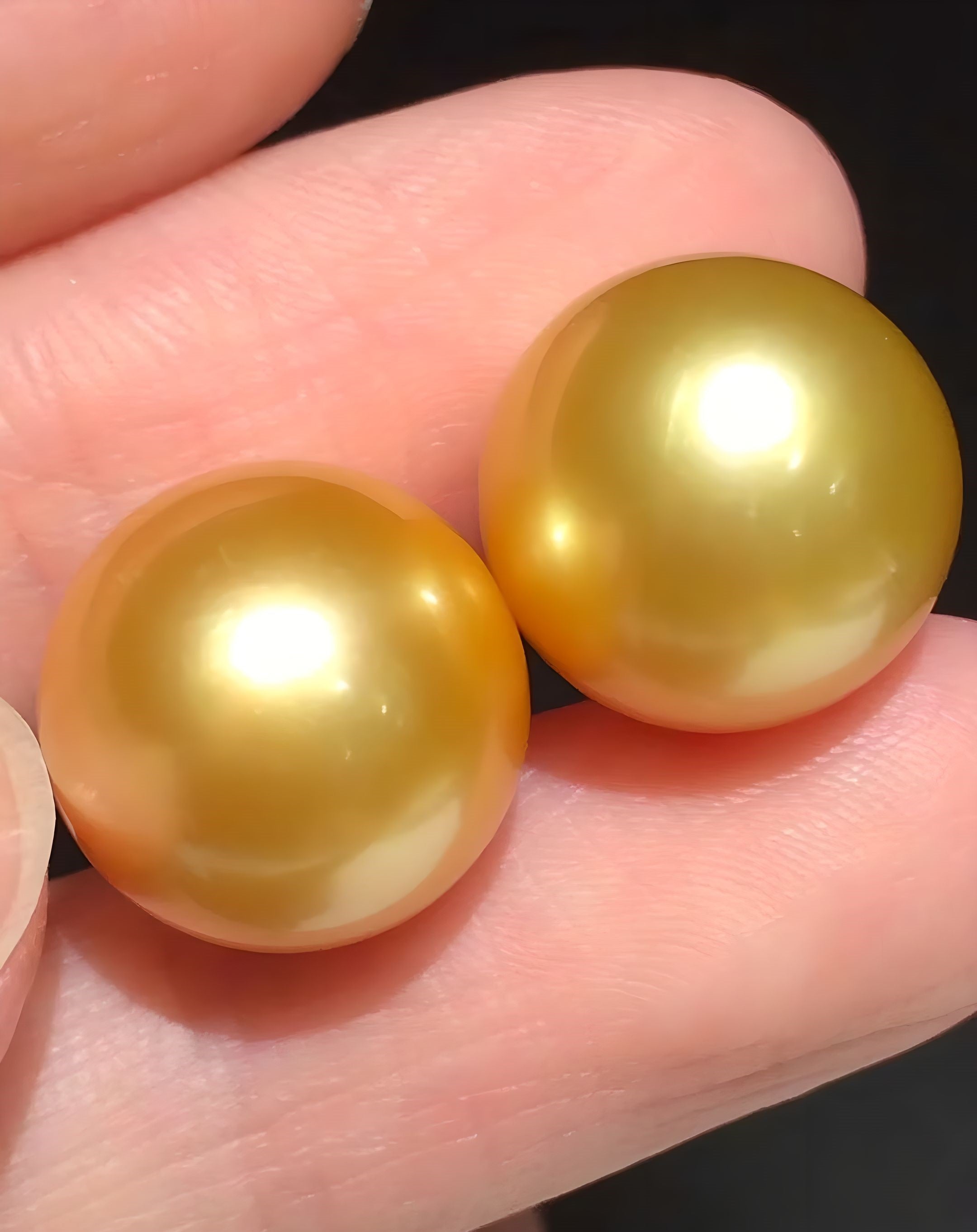
Myanmar’s Golden Pearls: Beauty, Ethics, and Controversy Unveiled
Myanmar’s Golden Pearls: Luxury Meets Ethical Complexity
What compels the human heart towards the shimmering elegance of pearls, especially those tinged with the captivating hue of gold? While the sheen alone can justify the allure, the origin and production of these gems can be as intricate and controversial as the pearls themselves. In recent years, Myanmar’s golden pearls have stirred not only admiration among jewelry aficionados but also significant ethical debates on a global scale. In this article, we delve into the world of luxury and complexity that surrounds Myanmar’s golden pearls.

Understanding the Golden Pearl’s Appeal
Aesthetic and Market Value
Golden pearls, renowned for their lustrous glow and exquisite rarity, occupy a cherished niche in the fine jewelry market. Often associated with prosperity and abundance, these pearls are cultivated within the warm waters of Southeast Asia, particularly Myanmar. Their natural gold tones range from light champagne to deep gold, making them a sought-after choice for elegant jewelry pieces.
Cultivation and Craftsmanship
The cultivation of golden pearls is a meticulous process that combines artistry with nature. Pearl farms in Myanmar employ traditional methods alongside modern innovations, carefully nurturing the oysters to produce pearls of exceptional quality. The expertise of these artisans ensures that each pearl is a unique masterpiece, bearing nature’s signature glow. For more information on how high-quality pearls are cultivated, sources such as The Pearls of Joy provide valuable insights into different types of pearls and their features.
The Controversial Origins of Myanmar’s Pearl Industry
Economic Partnerships and Ethical Considerations
However, the sparkling facade of Myanmar’s pearl industry conceals deeper, more contentious issues. For decades, partnerships between Myanmar’s government and foreign companies, such as Japanese conglomerates, have been integral to the industry’s success. Yet, the political landscape in Myanmar has cast a shadow over these relationships.
A prime example is the collaboration between Myanmar’s state-owned Myanma Pearl Enterprise (MPE) and foreign investors, which has been embroiled in controversy due to Myanmar’s turbulent political climate. In 2021, actions such as military coups and subsequent civilian suppression attracted international condemnation and sanctions against enterprises like MPE. As noted in a report by BBC News, such political instability has led to increased scrutiny and sanctions from other nations.
Sanctions and Their Impact
Companies like MBK, a major South Korean investment firm, have begun distancing themselves by divesting shares in joint ventures with Myanmar’s pearl producers, highlighting the financial and ethical pressures faced by stakeholders. This move underscores the global concern over business operations that might indirectly support contentious political regimes.
Voices of Dissent and Activism
Local and International Reactions
While Myanmar continues to cultivate these treasures, resistance within its own borders and beyond persists. Local organizations and international communities are vocal in condemning both the government’s actions and the businesses intertwined with its operations. Despite this, the pearl industry continues to flourish, adding layers of complexity to its narrative. The Amnesty International website provides a detailed look into the human rights issues that often surround such industries in politically unstable regions.
Toward Ethical Transparency
Activists advocate for greater transparency and ethical responsibility within the industry, urging pearl buyers to consider more than just the breathtaking beauty of these gems. The ongoing dialogue fuels an introspective look at consumer responsibility and corporate ethics in luxury markets.
Conclusion: Admiration With Awareness
As consumers, our fascination with golden pearls must extend beyond their radiant allure to encompass the broader ethical implications of their production. While they represent the zenith of luxury, the intricacies of their origins demand a thoughtful, informed consideration. Whether you’re drawn to the dazzling aesthetics or intrigued by the stories behind their creation, Myanmar’s golden pearls invite us to explore a wealth of beauty and complexity. As you adorn yourself with these gems, ponder the hands and histories that have shaped them, encouraging a conversation that blends admiration with awareness.



Leave a comment
This site is protected by hCaptcha and the hCaptcha Privacy Policy and Terms of Service apply.